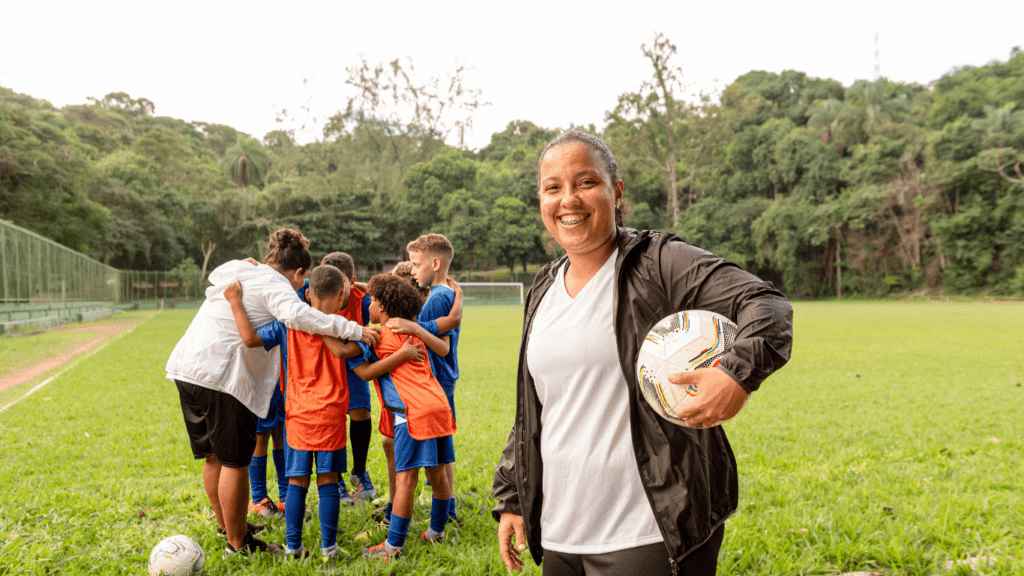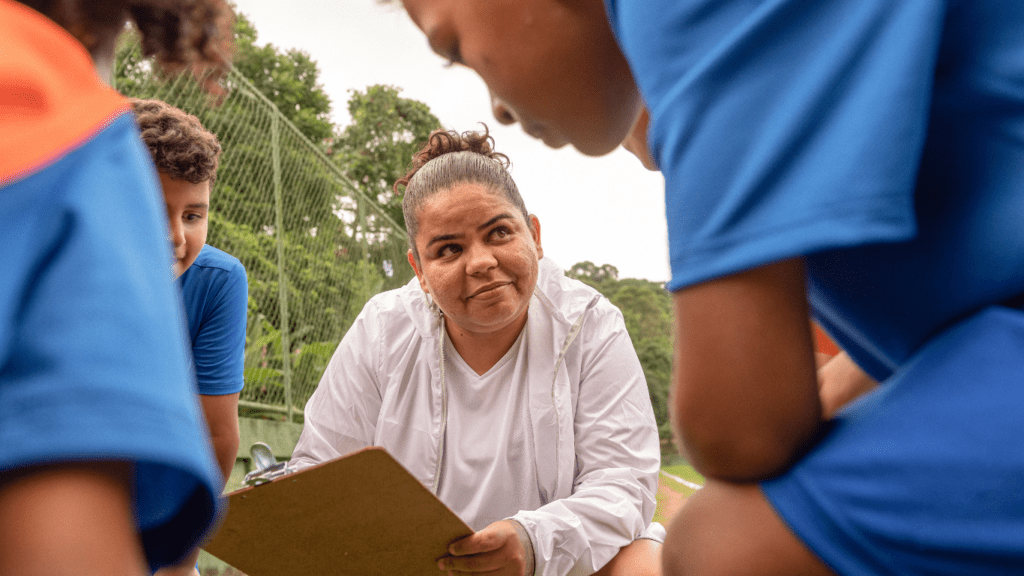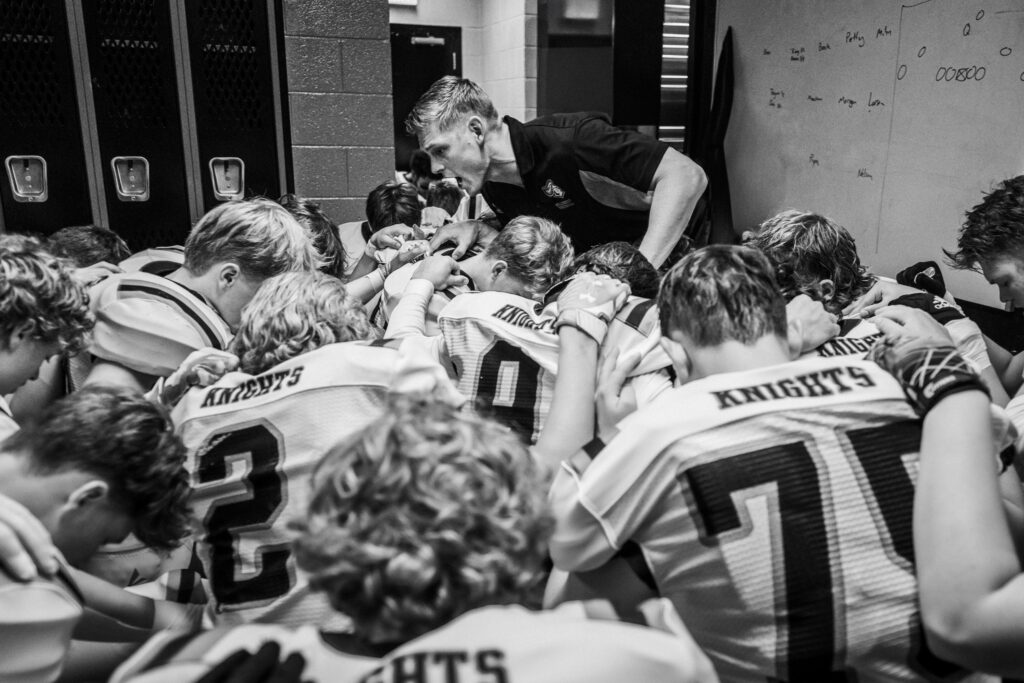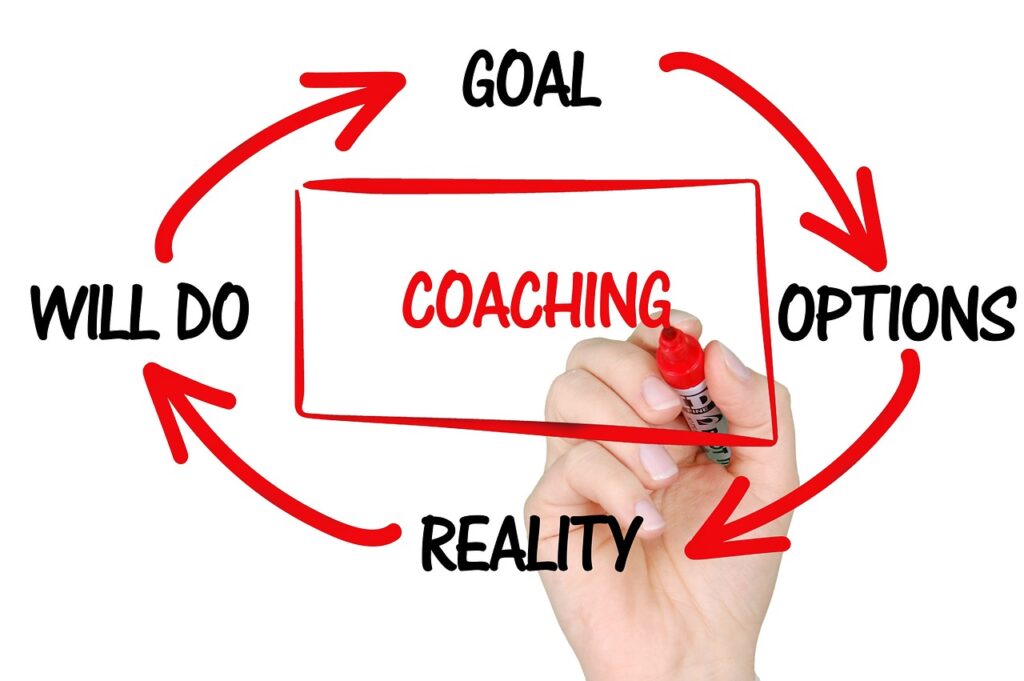In the high-stakes world of sports, coaching goes beyond just strategy and tactics. It’s about connecting with athletes on a deeper level, and that’s where emotional intelligence comes into play. I’ve seen firsthand how understanding emotions can transform a team’s dynamics and performance.
Emotional intelligence equips coaches with the ability to read their players, manage stress, and foster a positive environment. It’s not just about knowing the game; it’s about knowing the people in it.
As I explore the vital role emotional intelligence plays in sports coaching, I’ll uncover how it can elevate performance, build trust, and create a winning culture.
The Role of Emotional Intelligence in Sports Coaching
Emotional intelligence plays a critical role in effective sports coaching. It enables coaches to understand and manage their own emotions while recognizing and influencing the feelings of their players.
This dual awareness fosters a supportive environment where athletes feel valued and understood.
Coaches with high emotional intelligence can:
- Read athletes: Recognizing non-verbal cues helps coaches identify when players struggle, allowing for timely interventions.
- Manage stress: Coaches can model effective stress management strategies, reducing anxiety in high-pressure situations.
- Enhance communication: Open channels of communication build trust, making athletes more receptive to feedback and guidance.
Research indicates that teams led by emotionally intelligent coaches experience improved performance metrics. For example, a study found that athletes who felt understood by their coach demonstrated 20% higher engagement levels during training sessions.
Developing emotional intelligence involves active listening, empathy, and self-regulation. Engaging in regular self-reflection and seeking feedback can sharpen these skills over time. By prioritizing emotional intelligence, coaches cultivate a winning culture characterized by team cohesion, resilience, and a shared sense of purpose.
Understanding Emotional Intelligence
Emotional intelligence (EI) plays a crucial role in sports coaching by enabling coaches to connect with their athletes on a deeper level. This connection fosters an environment conducive to growth and success.
Definition and Components
Emotional intelligence refers to the ability to recognize, understand, and manage one’s emotions while also being aware of and influencing the emotions of others. The key components include:
- Self-awareness: Recognizing one’s emotions and their effects on behavior and performance.
- Self-regulation: Managing emotions in a healthy manner, avoiding impulsive actions, and maintaining composure under pressure.
- Motivation: Harnessing emotions to remain focused and driven towards goals.
- Empathy: Understanding and sharing the feelings of others, which helps in building strong relationships with athletes.
- Social skills: Effectively managing interactions, resolving conflicts, and fostering teamwork.
These components work together to create a framework that enhances coaching effectiveness.
Importance in Sports
Emotional intelligence significantly impacts coaching and athlete performance. Coaches with high EI can:
- Enhance team cohesion: Emotionally intelligent coaches understand the dynamics within the team, fostering a sense of unity and trust.
- Boost athlete performance: Athletes feel valued and understood, leading to higher levels of engagement and motivation.
- Facilitate effective communication: Coaches who can read non-verbal cues and emotions improve their feedback delivery, resulting in more receptive athletes.
- Manage stress: Coaches can model stress management techniques, helping athletes cope with pressure.
Research indicates that teams led by emotionally intelligent coaches consistently outperform those lacking this trait, affirming the critical role of EI in sports coaching.
The Coach-Athlete Relationship
The coach-athlete relationship serves as a foundation for successful sports coaching. Emotional intelligence plays a pivotal role in fostering this connection, impacting overall team dynamics and performance.
Building Trust and Rapport
Building trust and rapport between coaches and athletes involves consistent communication and shared goals. Coaches who demonstrate empathy and authenticity create an environment where athletes feel safe expressing their concerns.
Understanding individual athlete’s motivations fosters deeper connections. Trust enhances cooperation, leading to increased athlete commitment and willingness to take risks on the field. Research supports that teams with strong trust levels exhibit higher performance metrics, with athletes reporting greater satisfaction in their roles.
Enhancing Communication
Enhancing communication is crucial for effective coaching. Emotionally intelligent coaches recognize the importance of both verbal and non-verbal communication. By actively listening and observing body language, coaches can address athletes’ feelings and concerns more effectively.
Open lines of communication foster feedback loops, helping athletes understand performance expectations and areas for improvement. By tailoring communication styles to individual needs, coaches ensure that athletes feel understood and valued, further strengthening the coach-athlete relationship.
This reciprocal communication builds a collaborative atmosphere conducive to achieving athletic goals.
Emotional Intelligence Skills for Coaches
Emotional intelligence skills are crucial for coaches in fostering team dynamics and individual athlete performance. Mastering these skills enhances coaching effectiveness and establishes a supportive environment.
Self-Awareness and Self-Regulation
Self-awareness encompasses recognizing one’s emotions and understanding their impact on coaching. Coaches aware of their emotional states can adjust their responses to situations, enhancing decision-making.
For instance, if a coach experiences frustration, self-awareness allows them to approach the team more calmly rather than impulsively reacting. Self-regulation involves managing emotions and behaviors in a constructive way.
Coaches exercising self-regulation can maintain composure under pressure, providing stability for their athletes. By modeling patience and resilience, coaches encourage similar behaviors in their players, which contributes to a better team atmosphere and improved performance during competitions.
Empathy and Motivation
Empathy plays a pivotal role in understanding athletes’ emotions and perspectives. Coaches who empathize with their players are better equipped to address concerns and foster a sense of belonging.
This connection helps athletes feel valued and respected, which can lead to increased dedication and effort. Motivation ties closely to both empathy and the coach’s ability to inspire athletes. Coaches who understand what drives their players can tailor motivational strategies effectively.
For example, recognizing an athlete’s intrinsic motivation can lead to personalized encouragement that resonates deeply. By fostering a culture of motivation, coaches enhance athletes’ performance and engagement levels, leading to cohesive and resilient teams.
Impact on Team Dynamics
Emotional intelligence significantly influences team dynamics, enhancing relationships among players and improving overall performance. By developing key EI skills, coaches can create an environment that fosters collaboration and trust.
Fostering Team Cohesion
Fostering team cohesion involves instilling a sense of belonging among players. Coaches with high emotional intelligence understand the diverse emotional needs of their athletes. They encourage open communication and actively promote team-building activities, helping individuals feel valued and connected.
By recognizing each athlete’s contributions, coaches strengthen group identity. This connectedness leads to improved collaboration and a shared commitment to collective goals.
Conflict Resolution Strategies
Conflict resolution strategies benefit from a coach’s emotional intelligence. Coaches adept at managing their own emotions handle disputes calmly and constructively. They listen to all parties involved, facilitating dialogue to understand differing perspectives.
By modeling effective conflict resolution, coaches guide athletes in resolving disagreements amicably. Implementing strategies like role-playing or mediation not only resolves conflicts but also enhances emotional awareness among teammates.
This approach promotes a supportive environment, ultimately leading to improved team dynamics and performance.




